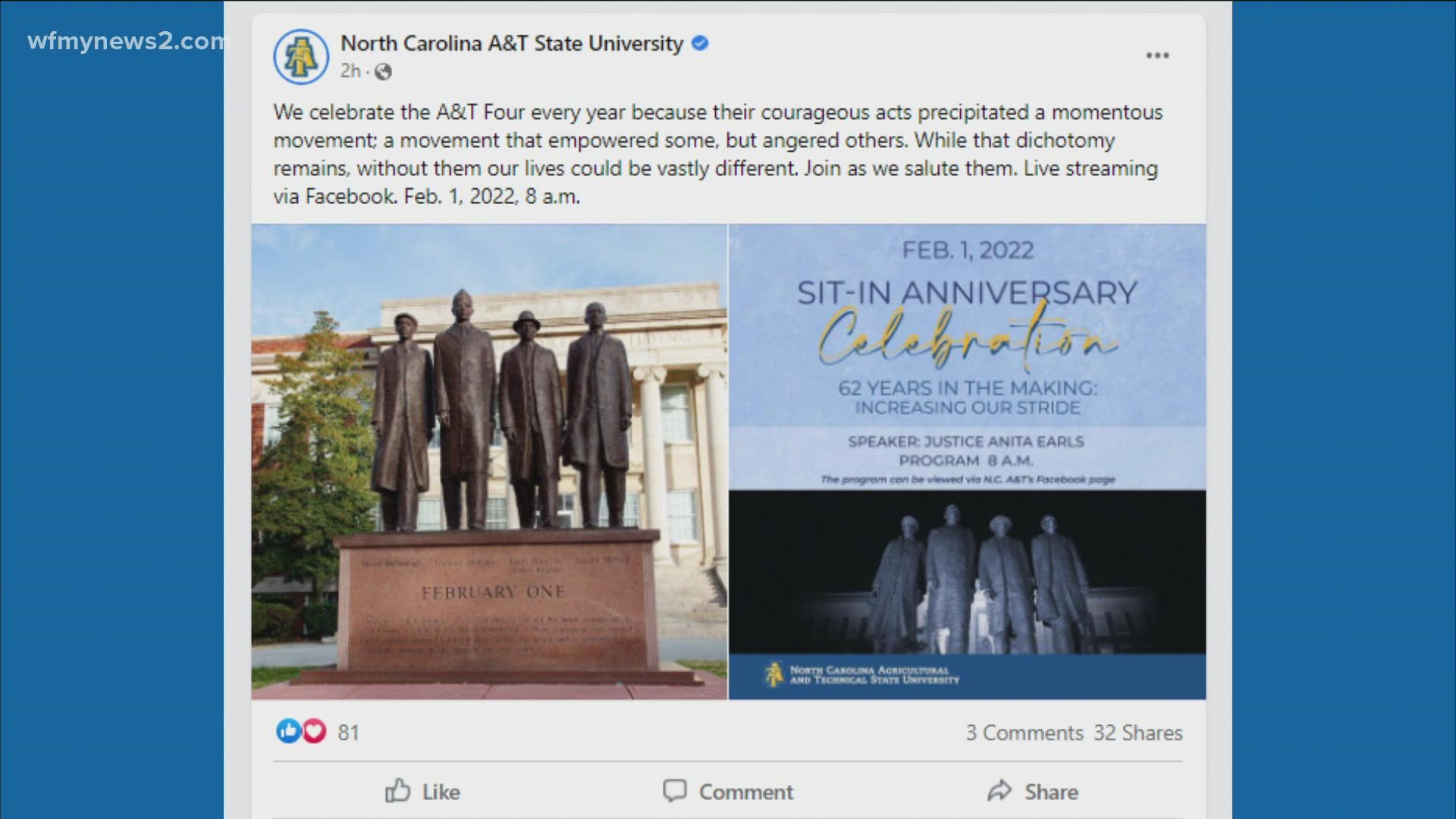GREENSBORO, N.C. — We celebrate the figures from Greensboro and surrounding areas who paved the way for equality, civil rights, and representation. Here are 22 Black History Month facts with ties to our community and state.
1. The Greensboro sit-ins: Four North Carolina A&T State University students made history on February 1, 1960. They sat down at a whites-only counter in Woolworth's to take a stand and change a nation. Their actions became a catalyst to the civil rights movement, sparking similar protests in other cities.

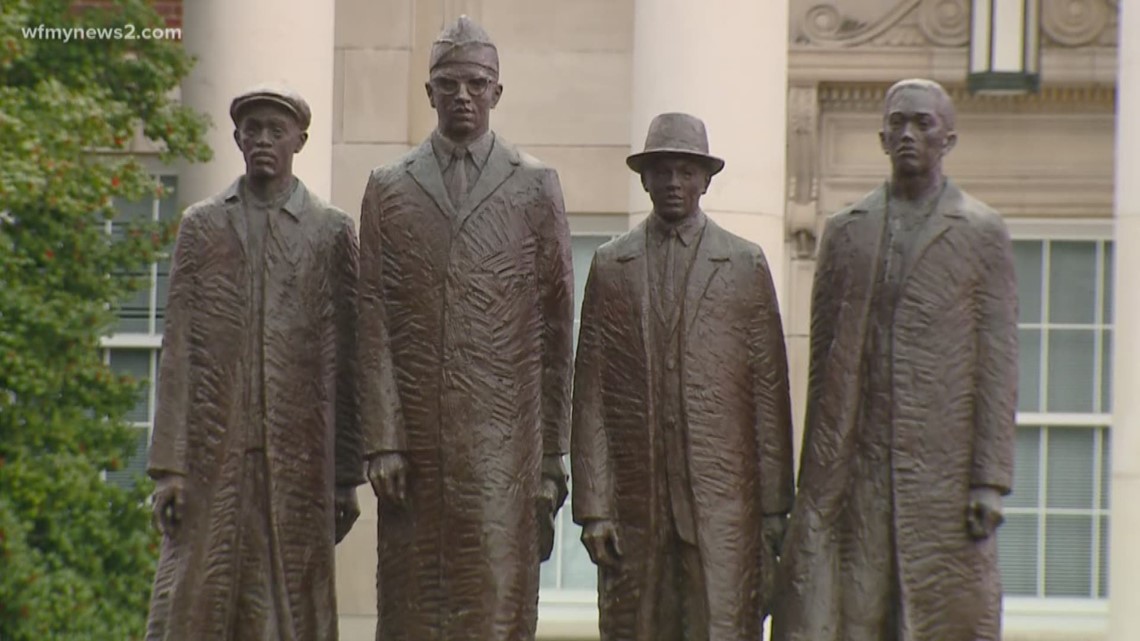
2. A lunch counter becomes a historic frontline: The Woolworth's building where the Greensboro Four started the sit-in movement became the International Civil Rights Center & Museum. The ICRCM opened on February 1, 2010 - marking the 50th anniversary of the sit-in movement.
3. Alvin Blount: Dr. Alvin Blount was a plaintiff in the 1962 federal lawsuit that desegregated Moses Cone and other hospitals. He became the first Black doctor to operate at Cone.

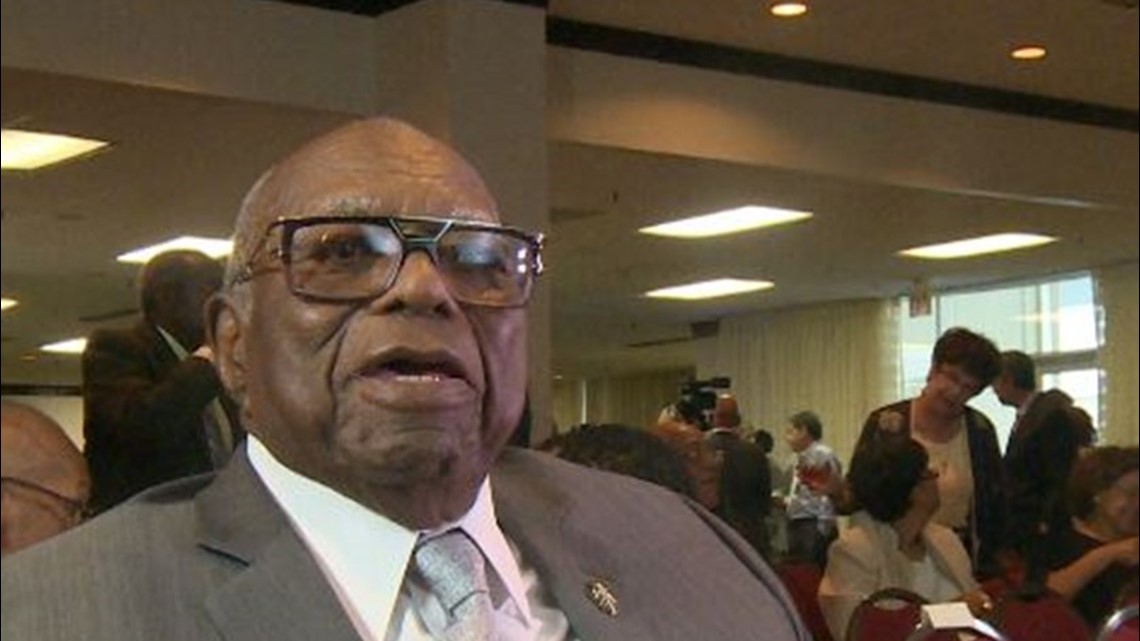
4. Greensboro desegregation: In 1957, Greensboro was the first city in the southeast to desegregate its public schools. Six Black students enrolled at Gillespie Park and what's now known as Grimsley High School.

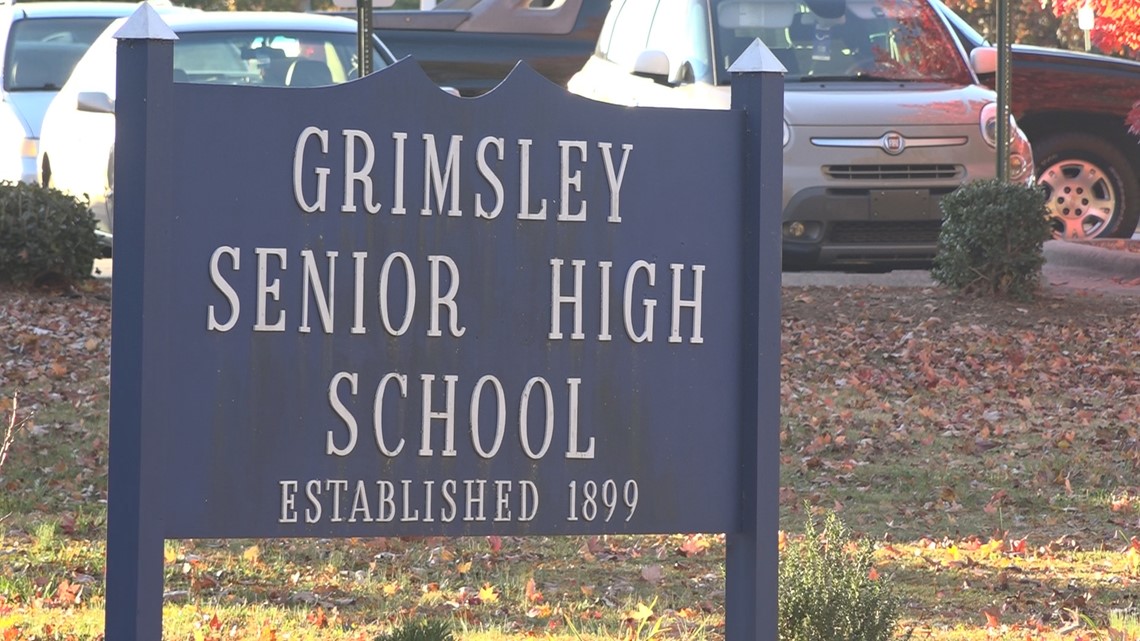
5. Henry Frye: Greensboro lawyer Henry Frye became the first Black justice in 1983 and chief justice in 1999 on North Carolina's Supreme Court.
6. MLK in Greensboro: The Reverend Martin Luther King, Jr. spoke in Greensboro in 1958 and 1963. He was scheduled to speak in Greensboro on the day he was assassinated in 1968.
7. Earl 'The Pearl' Monroe: Earl 'The Pearl' Monroe led the Winston-Salem State University men's basketball team to a Division II championship title in 1967, making history as the first HBCU to win a College Division Championship. Monroe went on to become an NBA champion and Hall-of-Famer.
8. Clarence 'Big House' Gaines: Clarence 'Big House' Gaines was the head coach of that history-making 1967 WSSU championship team. That year, Gaines was also named the NCAA Division II College Coach of the Year.
9. Sandra Hughes: WFMY News 2's very own Sandra Hughes is a pioneer. She was the first Black woman to host her own daily talk show in the Piedmont and to host the nationally syndicated p.m. magazine.
10. High Point sit-ins: On February 11, 1960, a group of high school students led a sit-in at a Woolworth's in High Point. It's believed to be the nation's first sit-in organized by high school students.
11. Benjamin Benson: In 1817, Benjamin Benson sued for his freedom in a Guilford County court. He's believed to be the first African American in the United States to use the legal system to gain freedom.
12. Ronald McNair: Ronald McNair graduated from North Carolina A&T State University. He was the nation's second Black astronaut. He died in the space shuttle Challenger explosion of 1986.

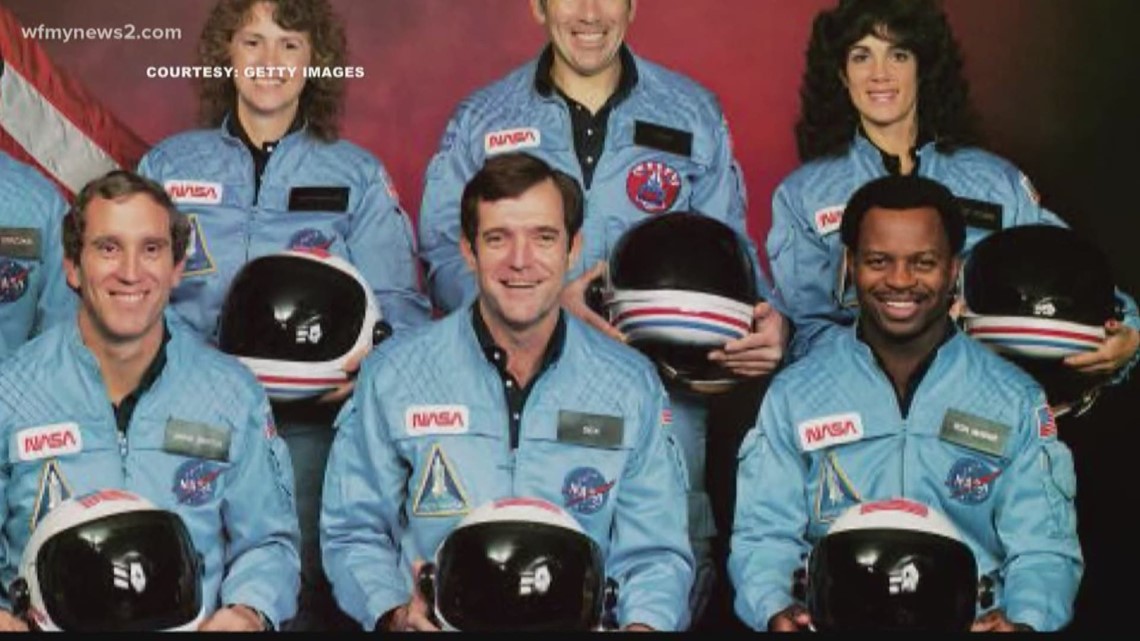
13. Charlie Sifford: Charlie Sifford's play at the 1961 'Greater Greensboro Open,' now known as 'The Wyndham Championship,' broke the PGA Tour's color barrier.
14. Dudley Hair Products: Doctors Joe and Eunice Dudley founded Dudley Brands Hair Products. The company distributed hair and personal care products all around the world.
15. Jam-a-Ditty: John Cirt Gill, Jr. joined Greensboro radio station WGBG in 1949. Known as 'Jam-a-Ditty,' he became the first Black disc jockey in North Carolina.
16. James Burch: In 1969, James Burch became the first African American to officiate an Atlantic Coast Conference game. He went on to have a 60-year officiating career.
17. Guilford College: Guilford College's campus was a stop on the underground railroad for decades, helping slaves in their journey to freedom.

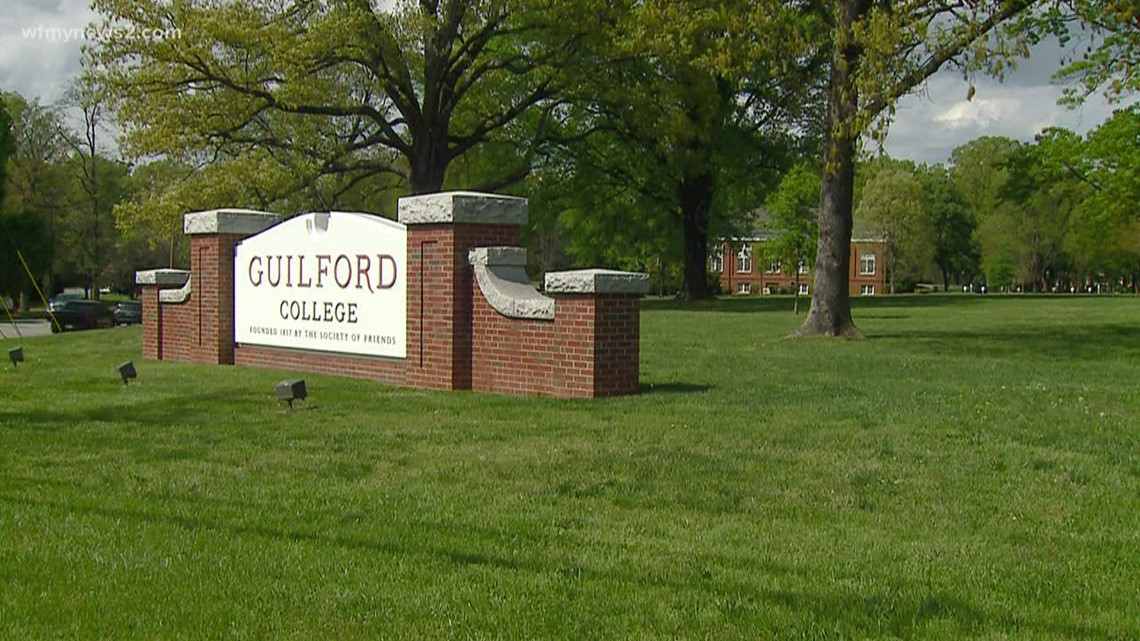
18. Charlotte Hawkins Brown Museum: The Palmer Memorial Institute, a private high school for African Americans located between Greensboro and Burlington, was founded by a Black educator Charlotte Hawkins Brown in 1902. The school was the first of its kind in the nation.
19. Elreta Alexander-Ralston: Greensboro lawyer Elreta Alexander-Ralston became North Carolina's first African American woman judge in 1968. Before then, she became the first African American woman to practice law in the state in 1947.
20. John Coltrane: Jazz saxophone icon John Coltrane grew up in High Point. He helped make modern jazz popular around the world.
21. Diggs Gallery: Diggs Gallery is one of the top 10 African American galleries in the nation. The Smithsonian calls it one of the nation's best regional facilities for contemporary African art.
22. Fred Neal: Greensboro native, Fred 'Curly' Neal, dribbled his way into history as a member of the Harlem Globetrotters for 22 years. He was inducted into the North Carolina Sports Hall of Fame in 2008.

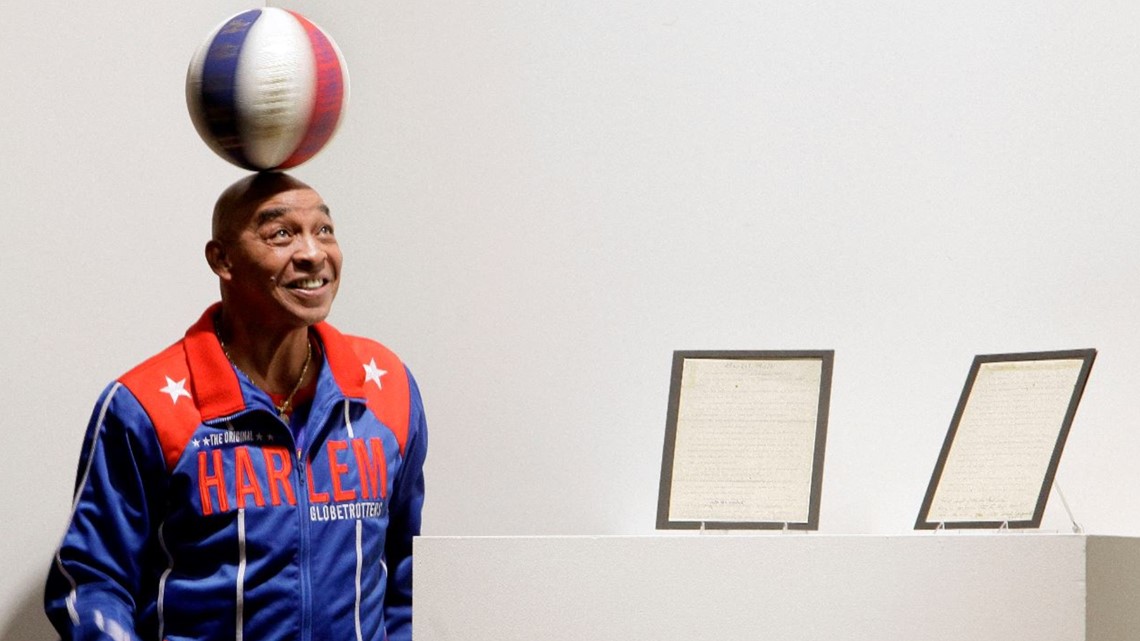
23. Greensboro Red Wings: The Greensboro Red Wings were the community's Negro Baseball Team. In 1954, the Red Wings' first baseman, Thomas Alston, became the first Black man to play with the St. Louis Cardinals. Alston's MLB debut came seven years after Jackie Robinson's.

